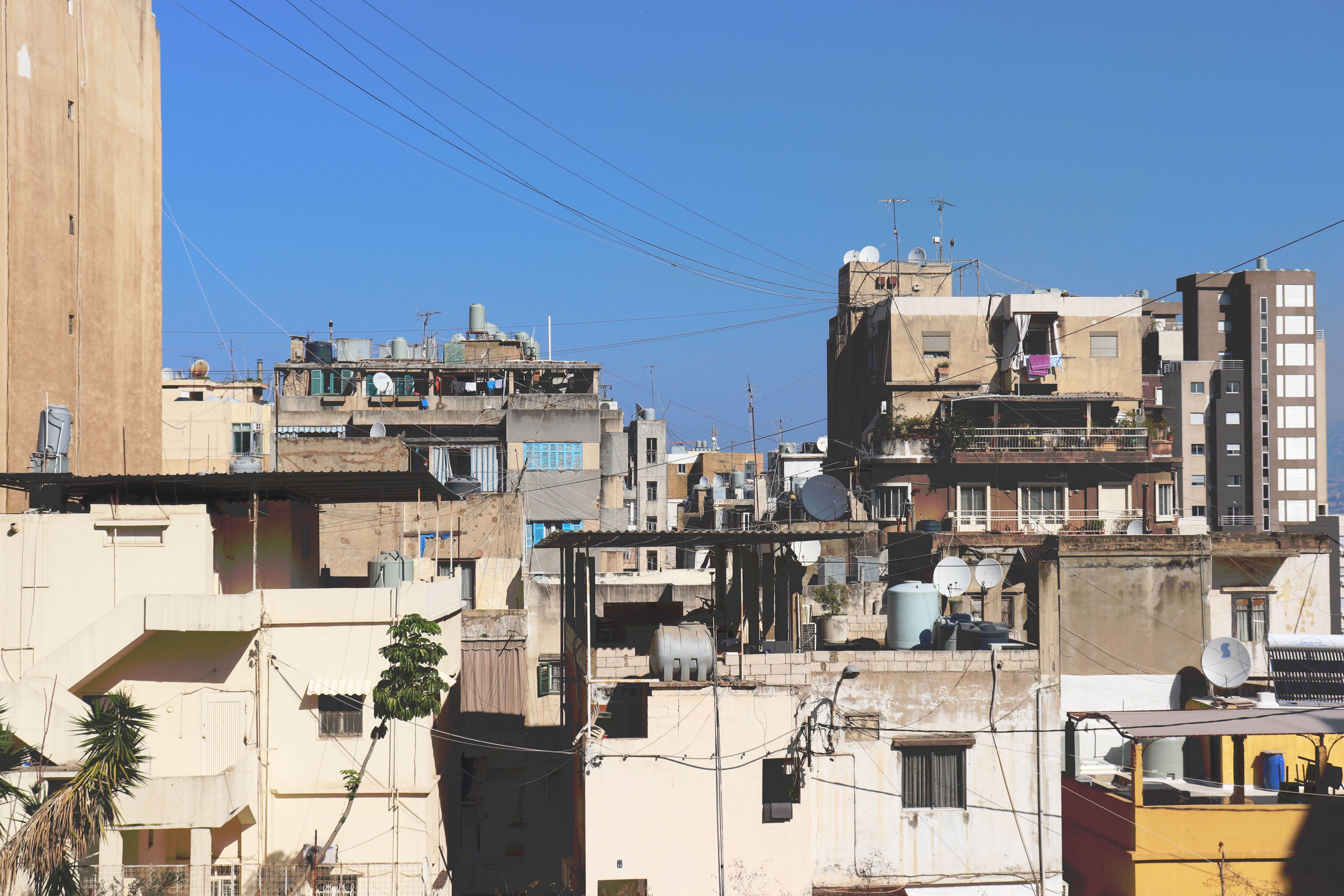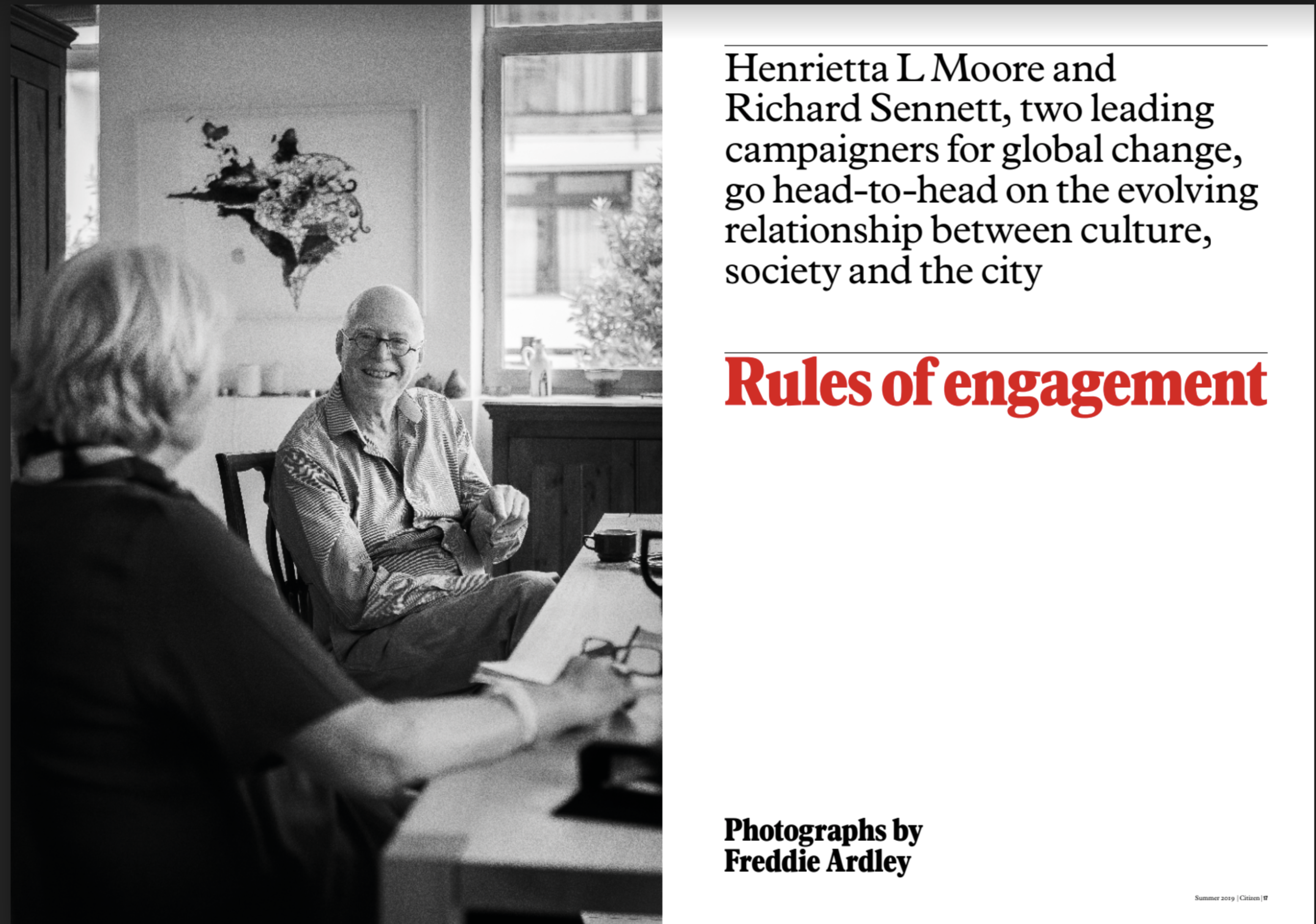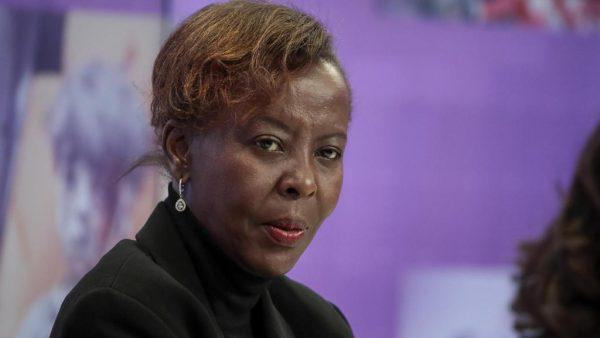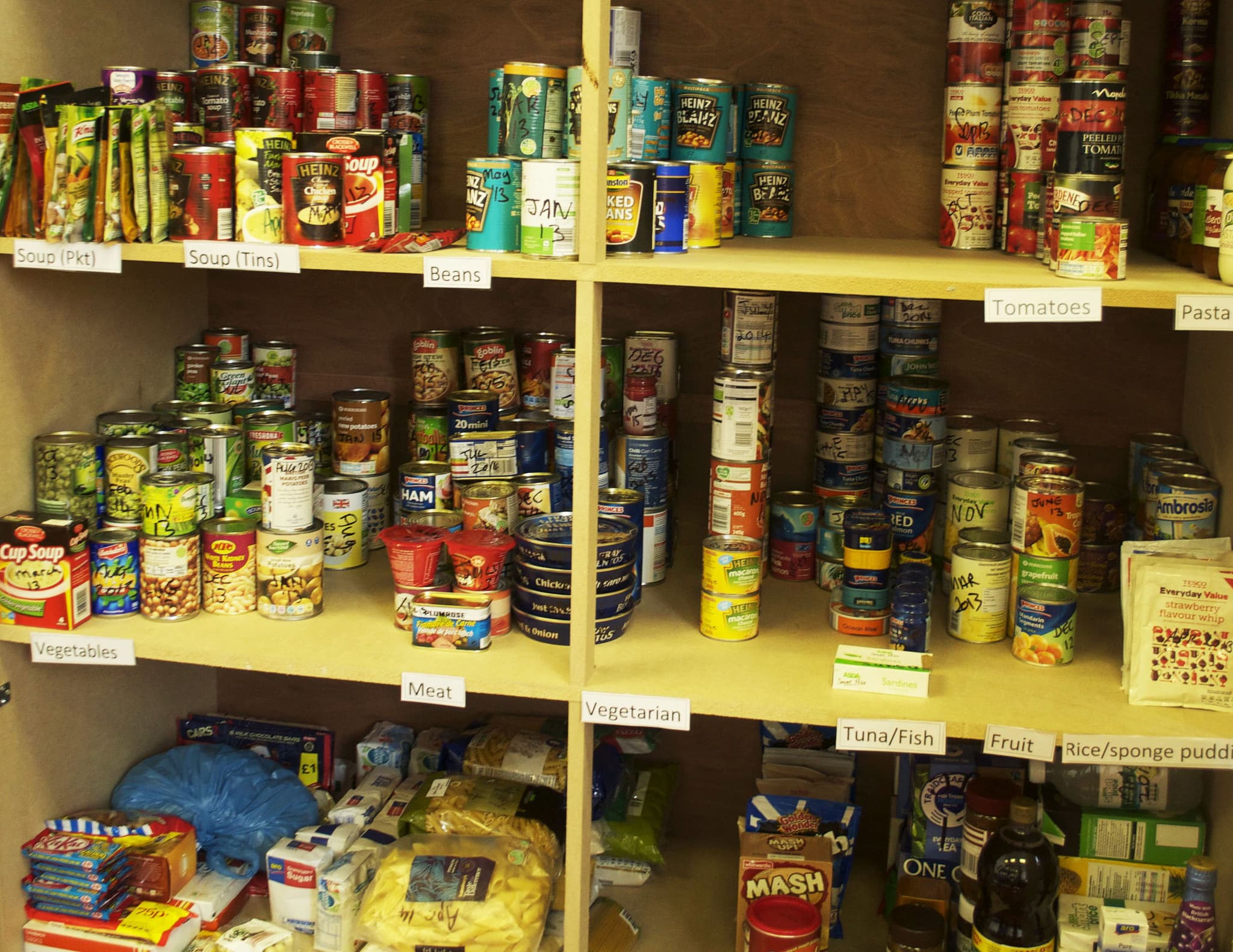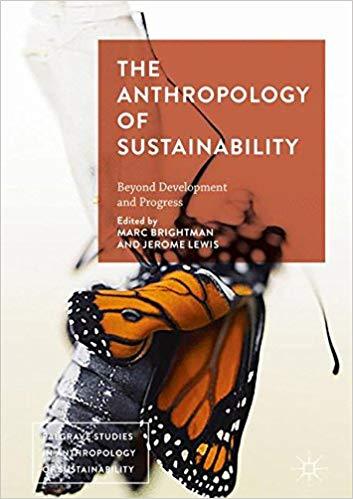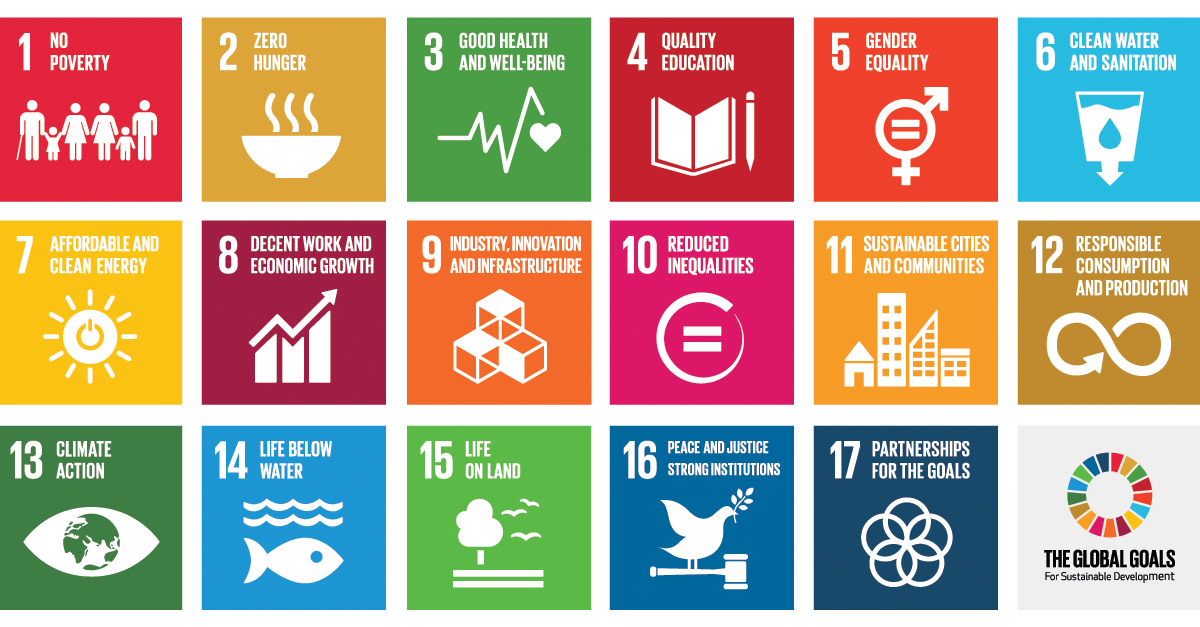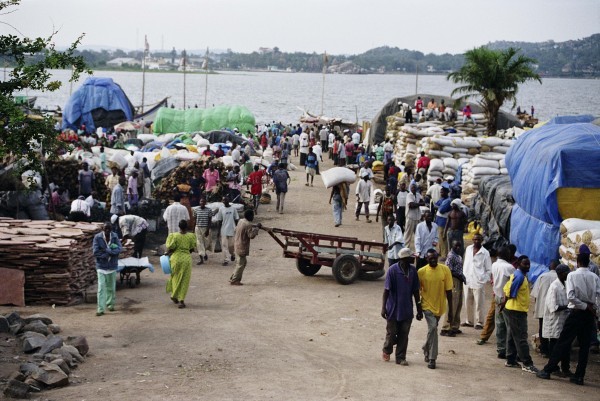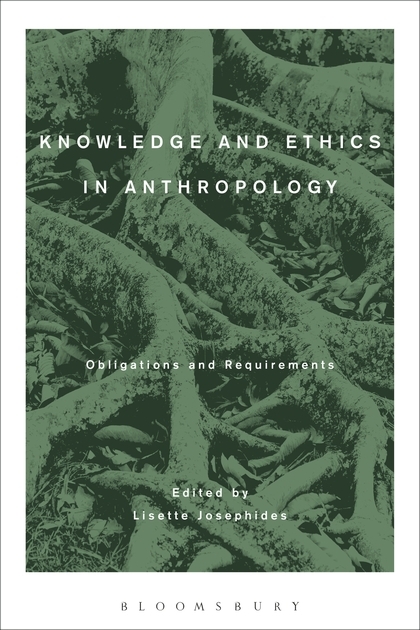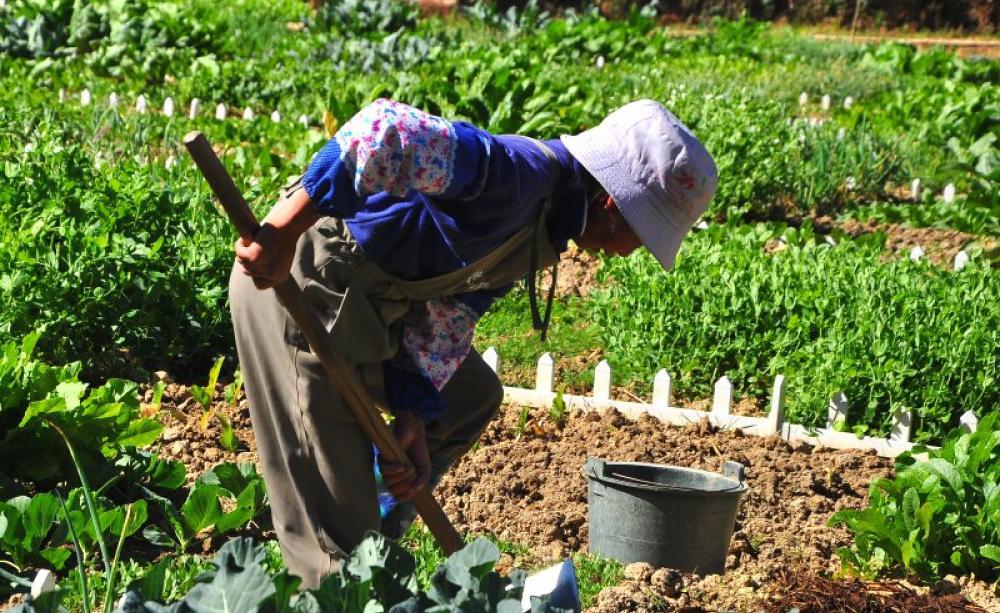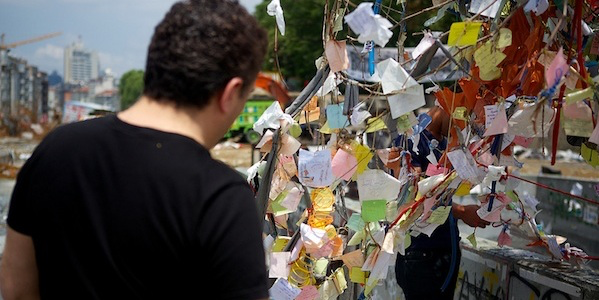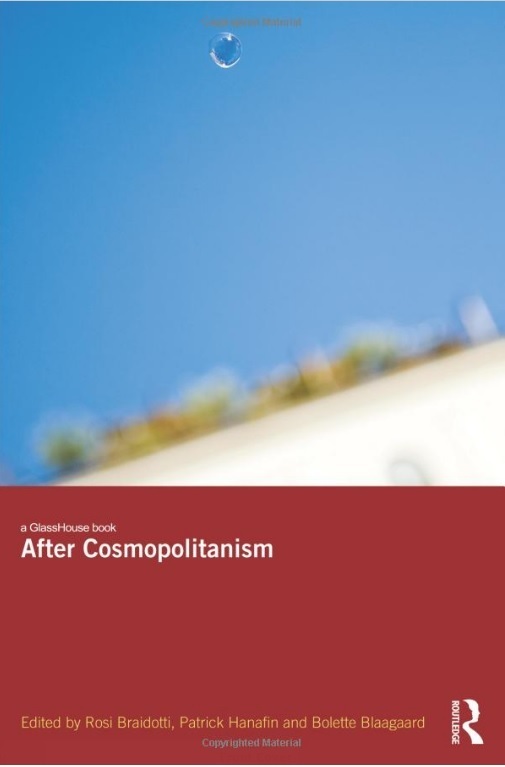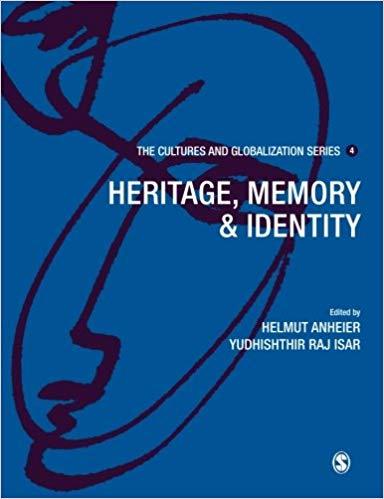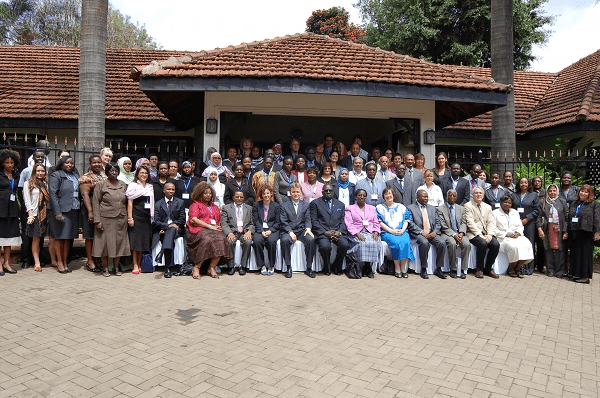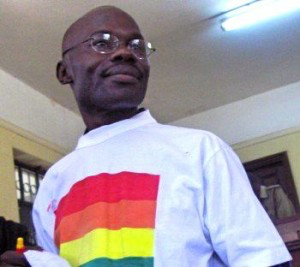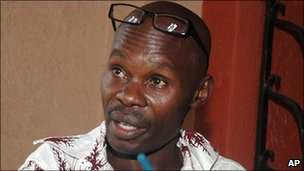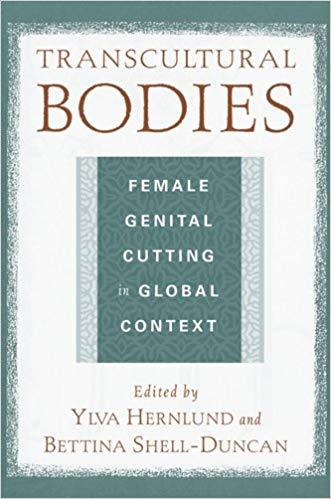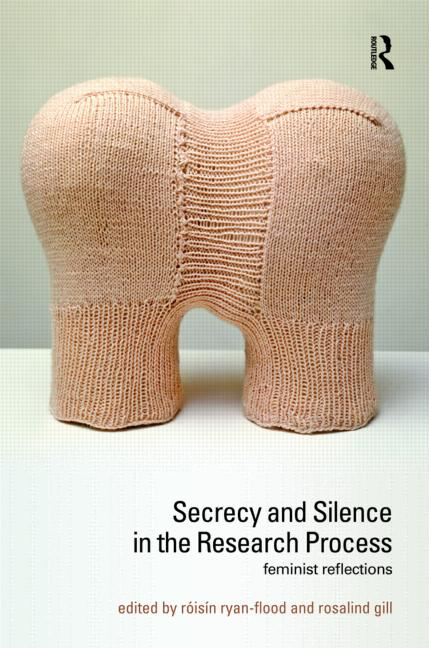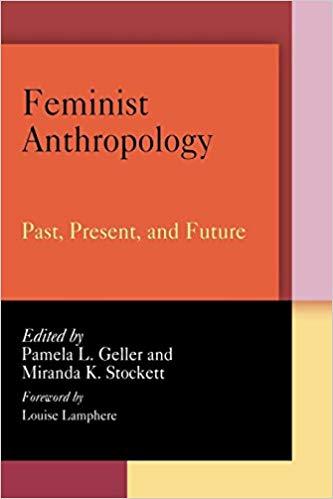Why successive Conservative attempts to level up have failed
Commentary
The government’s levelling-up agenda has to avoid the pitfalls of the past by putting local communities front and centre
Read MoreIs Michael Gove building on sand or stone?
Commentary
The foundation stone for prosperity is Secure Livelihoods. Without this secure foundation people will not be able to withstand the rain, floods, and winds of life.
Read More"We are being suffocated by fossil fuel emissions on a daily basis"
Commentary
Recent research shows that Lebanon could witness an increase of 1.2 to 3.2 degrees in temperatures in areas that are already very arid and suffer from water shortage. An increase in temperature and a decrease in precipitation will have particular impact on the electricity sector - a higher cooling demand in summer and increased consumption for electricity. Rising sea levels and water scarcity in Lebanon could lead to internal climate migration and mass displacement from rural to coastal regions affecting agricultural output, jobs and livelihoods. The economic situation in the cities that are already prone to poverty, illiteracy and unemployment could become worse.
Read MoreMeasuring the Good Life
Commentary
At the IGP we fundamentally believe that citizens and communities should be at the centre of efforts to reimagine prosperity and to define what matters to them for a good quality of life. We do not assume what matters; we ask people to tell us what matters to them.
Read MoreWhy Regenerative Agriculture can unlock a new relationship between humans and nature
Commentary
This Earth Day, we harbour some hopes that we may be witnessing the beginning of a regenerative renaissance. Across different parts of society, there seems to be a growing understanding that our prosperity must be rooted in a symbiotic relationship with nature if it is to last. Across different systems, degenerative practices are being challenged by regenerative alternatives.
Read MoreWhat is Prosperity?
Commentary
What is Prosperity? That is the question posed by Professor Moore and Dr Mintchev in the latest IGP working paper. It is not about just uncovering what prosperity means for people, but to challenge the structural features of the economy and the values upon which they are built. A redesigned prosperity opens doors to innovative ideas and new practices allowing us to tackle inequality in novel ways. To interrogate how systems change and how knowledge is shared they begin with three points of reference: the value of the economic in our lives, the purpose of sharing knowledge and the means of operationalising change.
Read MoreTime for a new prosperity, rooted in a symbiotic relationship with nature
Commentary
The independent review on The Economics of Biodiversity led by Professor Sir Partha Dasgupta has now been delivered to the government. The report underlines our failure to grasp that our economies are “embedded within Nature, and not external to it.” We rely on nature to “provide us with food, water and shelter; regulate our climate and disease; maintain nutrient cycles and oxygen production; and provide us with spiritual fulfilment and opportunities for recreation and recuperation which can enhance our health and well-being.”
Read MoreCo-designing solutions to Lebanon’s energy crisis
Commentary
On 4 August 2020, a massive explosion at Beirut’s port killed at least 200 people and caused up to $15bn in damage to buildings and infrastructure – including the destruction of the public electricity company building. It was the latest blow for a country battling a 30-year energy crisis and facing chronic shortages as a result of an ageing infrastructure based around fossil fuels.
Read MoreReinvigorating local economies through Universal Basic Services, not income
Commentary
In 1945, the UK’s welfare state was set up to address the want, need and misery caused by unemployment. Seventy-five years later, prior to the Covid-19 pandemic, we had almost full employment in the UK – and yet we still have massive levels of poverty and precarity experienced by people in work.
Read MoreWhen it comes to Green Buildings, the solutions are ready to go
Commentary
The government has announced a £3bn stimulus for green buildings and for improving the energy efficiency of public buildings. At a time when we need the economy to deliver climate and social goals, this is welcome news. Currently, as much as 34% of the UK’s emissions come from buildings, in large part due to poor insulation.
Read MoreTowards a new progress story which redefines our relationship to nature
Commentary
The destruction of nature is the driving force of the current dominant progress story, which is why we need to change the story. As more roads were paved, cars bought, and airports built, economies grew, but so did the destruction of nature.
Read MoreFreedom to Create the Economy We Need
Commentary
The economic impact of the Covid-19 outbreak has been immense. There has been a worldwide call to action in response to the Covid-19 pandemic and many are calling for progressive policies to ‘build back better.’ The Global Solutions Summit 2020, this year taking place virtually, seeks policy responses to major global challenges addressed by the G20, the G7 and other global governance fora.
Read MoreEngineering a sensible smart city
Commentary
There are 7.7 billion people on the planet today, and every year our global population grows by around 1.08% – or around 82 million people. It is estimated that by 2050, 70% of the world’s population will be living in cities. The cities we know now will have changed and adapted to accommodate for this. How will we ensure they do so in a way that improves the quality of life its residents?
Read MoreRules of Engagement
Commentary
Henrietta L Moore and Richard Sennett, two leading campaigners for global change, go head-to-head on the evolving relationship between culture, society and the city
Read MoreMoney for nothing? There are better solutions than universal basic income
Commentary
Offering free and improved public services gives a better chance of prosperity for all, says professor Henrietta Moore
Read MoreIn the face of climate change, ranking states by prosperity invites disaster
Commentary
Forget standings that put wealthy countries ahead of poor ones on the path to development, we’re all in this together
Read MoreBrexit Is Making Us Blind To The Real Jobs Crisis
Commentary
The response to this dawning new era of mass redundancy has been building slowly in recent years, but arguably in the wrong direction
Read MoreThe Shameful Treatment Of Refugees Shows Why A Rethink Is Required
Commentary
Like any other group of people, refugees are a resource, a basket of abilities and talents which, if harnessed and integrated appropriately, will be an asset wherever they settle
Read MoreHow Lebanon is teaching refugees to thrive, not just survive, and transforming public perceptions in the process
Commentary
The work done by projects like Maps and the Relief Centre is essential to stop the perception of refugees as “others” outside the bounds of conventional society and a burden on it, writes Henrietta Moore
Read MoreWomen are closing the gender pay gap. But there’s still plenty to fight for
Commentary
We need to see a much deeper cultural and social change before we can truly claim gender inequalities are a thing of the past, says professor Henrietta Moore
Read MoreArtificial intelligence will enhance us, not replace us
Commentary
In 1990, futurist Ray Kurzweil made an astonishing prediction, that a computer would pass the Turing test – the test of a machine's ability to match or be indistinguishable from human intelligence – between 2020 and 2050.
Read MoreHere's What 'Spreadsheet Phil' Should Have Done For A Truly Radical Budget
Commentary
It’s true that the Chancellor, Philip Hammond, was able to produce a few headline-grabbing giveaways, especially around housing, an issue which the Prime Minister has pledged to take “personal charge” of solving.
Read MoreForget a basic income - here’s how Universal Basic Services could fund housing and transport for all
Commentary
A state service provision could help our society cope with a changing job market. And best of all: it could be fiscally neutral
Read MoreOur Welfare System Needs A Radical Overhaul. It’s Time For Universal Basic Services
Commentary
New research published by UCL’s Institute for Global Prosperity, based on analysis by Professor Jonathan Portes of King’s College London and the economist Howard Reed, shows not only that UBI may be impractical, but that an alternative solution could be put in place at an affordable cost to the public purse. We call this idea Universal Basic Services.
Read MoreInstitute for Global Prosperity publish first report on Universal Basic Services
Commentary
At a time of austerity, it is sometimes difficult to remember that the UK is one of the richest countries on the planet. Rising homelessness and the use of foodbanks are just a couple of indicators that a portion of our society is being left behind. In a move to rethink the country’s economic strategy, the Institute for Global Prosperity has published a paper that recommends an overhaul to conventional government policies.
Read MoreDemocratising food: Why sustainable prosperity depends on a radical rethink in our approach to agriculture
Commentary
Increasingly democratic forms of food production pioneered in the Global South are being embraced by those in the Global North, especially in the emerging area of urban agriculture.
Read MoreTo fight desertification we need to drive diversity on farms and plates
Commentary
Farmland in Kenya’s north has deteriorated because of loss of soil nutrients and agro-biodiversity, putting livelihoods of 12 million people at risk.
Read MoreThe Democracy Deficit
Commentary
In the age of political uncertainty and increasing mistrust of government, we need local, community-led projects to help redefine our ideas of effective citizen engagement now more than ever. It seems like everywhere we look right now we see democracy in crisis.
Read MoreThe Brexiteers’ ‘Bitter Medicine’ Will Widen Our Prosperity Gulf
Commentary
To truly thrive outside the EU, Britain must avoid a slash and burn approach that will further entrench the divisions that led us here and send us into a spiral of economic hardscrabble. But as Theresa May's government cosies up to the unpredictable and volatile Trump administration in the hope of securing a free trade 'deal' set to primarily benefit the US, the signs suggest that our inability to learn or read the runes correctly could cost us dearly.
Read More‘Making America Great Again’ Needs To Start With A Cold, Hard Look In The Mirror
Commentary
The post-mortem of Donald Trump’s surprise victory in the US elections has focused on how the winner’s incendiary campaign rhetoric galvanised people eager for change. But aside from the generalised kickback against ‘globalisation’ expressed at the ballot box, the key question remains: What is gnawing away at US prosperity?
Read MoreWhat can sustainability do for anthropology?
Commentary
Prof Moore contributes the chapter 'What can sustainability do for anthropology?' to The Anthropology of Sustainability edited by M Brightman and J. Lewis.
Read MoreCities must be reimagined for global demographic change
Commentary
The world is in the midst of an unprecedented demographic change. According to the World Economic Forum, before 2020, over-65s will make up a greater proportion of the global population than under fives. Along with this, three million people move to cities each week, with current projections suggesting 2.5 billion people will be added to urban populations globally by 2050. These factors, along with the growing reality of climate change pose an unprecedented challenge to the current economic way of being.
Read MorePopulism’s Hatred Of Diversity Will Kill Prosperity
Commentary
In the days since the US election result, much has been made of the ‘whitelash’ that appears to have propelled Donald Trump to the highest office in the land.
Read MoreMigration is a part of today’s world. We can’t just shut the borders, whatever the Leave campaign tells you
Commentary
Rather than seeking to withdraw from the world, Britain should be playing a full and active part in creating global prosperity so that people don’t feel so straightjacketed by circumstances that they need to escape.
Read MoreIf we leave Europe, the price will be paid by the poor
Commentary
Henrietta Moore comments on the Brexit campaign in the New Statesman
Read MoreWhat should the UK do about foreign aid?
Commentary
The UK is about to pass legislation committing it to ringfencing 0.7% of gross national income for international development spending. Prof Henrietta Moore offers a personal perspective on the way forward.
Read MoreSDGs: We are all developing countries now
Commentary
Inequality in the UK and US is a stark reminder that the patronising relationship between the global north and south is misplaced As the European refugee crisis worsens, the UN summit in New York to agree on the new sustainable development goals (SDGs) couldn’t come at a more pressing time.
Read MoreCan SDGs spark radical approaches to philanthropy?
Commentary
Professor Henrietta Moore ponders the potential effects of the Sustainable Development Goals (SDGs) on philanthropy in a recent article in Alliance Magazine.
Read MoreDavos: how can an event that's 82% male solve the digital gender divide?
Commentary
Read Henrietta Moore's take on Davos 2016 in The Guardian (19 January 2016)
Read MoreBeyond GDP: Henrietta Moore's Development Predictions for 2016
Commentary
"In 2016 we need to jettison our obsession with economic "growth" and instead focus on how we achieve genuine prosperity." Henrietta Moore shares her thoughts on the trends and breakthroughs for 2016 on the Bond UK website.
Read MoreAntibiotic resistance shows how our growth-at-any-cost model is destroying itself
Commentary
Antimicrobial resistance (AMR) already accounts for roughly 700,000 deaths per year globally and has been forecast to rise to 10 million deaths by 2050. The scariest thing is that we’ve known about this possible outcome for decades and done nothing to prevent it, Henrietta Moore writes in The Independent.
Read MoreDesire, agency and subjectivity: A renewal of theoretical thinking
Commentary
Professor Moore contributed a chapter to L. Josephides (Ed.), Knowledge and ethics in anthropology.
Read MoreThe Mediterranean migrant crisis, big business and climate change
Commentary
Forced migration is framed as a political issue but climate change and inequality are fuelling the catastrophe and business has a role play in solving it, Henrietta Moore writes in the Guardian
Read MoreBenjamin Kipkorir, 1940-2015
Commentary
I was very saddened to learn of the passing of Dr Benjamin Kipkorir on 20 May 2015.
Read MoreCan agroecology save us from 'scorched-earth' agriculture?
Commentary
Industrial agriculture has become a prime driver of many of the world's most serious problems, writes Henrietta Moore: the loss of wild and farmed biodiversity, huge climate-changing emissions, and the entrapment of small farmers in ever-deepening cycles of poverty. But there is a solution: the widespread adoption of agroecological farming.
Read MoreShould the Commonwealth go the same way as the British Empire?
Commentary
You probably didn’t realise it, but today is Commonwealth Day. In fact, it's likely that the vast majority of the 2.2 billion people around the world who call one of the 53 Commonwealth nations home didn't know either.
Read MoreWhy Scandinavia is not the model for global prosperity we should all pursue
Commentary
And so another league table has confirmed what has become a truism: that when it comes to prosperity, Scandinavia rules the roost.
Read MoreLet's be honest about immigration – it's about work, not benefits
Commentary
Despite their demonisation, Britain needs immigrants to do the jobs we don't want to, writes Henrietta Moore
Read MoreEbola is a product of a destructive and exploitative global economic system
Commentary
“Deforestation and increasing demands on habitats to produce food don’t just wreck the environment, they are increasing the risk of global pandemics like Ebola”, writes Henrietta L. Moore on The Guardian Sustainable Business Prosperity blog, 28th October 2014
Read More“We need a new model of economic growth”
Commentary
Sitting here on a beautiful day in London with all the newspaper headlines saying the feel-good factor is coming back, it’s very easy to think that everything that’s happened since 2008 was just a terrible nightmare and now we can all relax.
Read MoreEvil: what’s in a word?
Commentary
What does it take to get someone to go into a shopping mall with an AK47 and mow down random strangers? A failure of those acts of imagination that connect us to people we have never known.
Read MoreProtest politics and the ethical imagination
Commentary
Protest, like marriage, means re-imagining relations to self and other. The Taksim Square Book Club – in which demonstrators in Istanbul stood silently and read books – used reflection as a riposte to state brutality. The ethical imagination is at the root of this.
Read MoreThe fantasies of cosmopolitanism
Commentary
Professor Moore contributed a chapter to R. Braidotti, P. Hanafin and B. Blaagaard (eds.), After Cosmopolitanism.
Read MoreAnthropology and Gender Studies
Commentary
Professor Moore contributed a chapter to the SAGE Handbook of Social Anthropology.
Read MoreLSE Review of Books: The books that inspired Henrietta Moore
Commentary
In this new post for the LSE Review of Books, Henrietta Moore discusses the books that inspired her and awoke her interest in anthropology. It all started with stories, in particular Greek and Roman myths: “important for the not-yet-anthropologist was the idealisation of kinship, the hopeless question of family inheritance, the ties of loyalty and their relation to fealty. Can you know your true self and how much of the answer to that question is about origins?
Read MoreLSE Review of Books: The Subject of Anthropology
Commentary
Margherita Margiotti reviews Henrietta L. Moore’s The Subject of Anthropology: Gender, Symbolism and Psychoanalysis for the LSE Review of Books.
Read MoreThinking about politics and the internet: time to update our perspective
Commentary
In this piece for openDemocracy Henrietta L. Moore and Sabine Selchow introduce their reconceptualisation of the Internet as a set of interactions in process, turning away from mainstream understandings of it as a ‘tool’ and / or ‘space’ that enables political action.
Read More‘Intangibles: Culture, Heritage and Identity’
Commentary
Prof Moore's chapter in 'Heritage, Memory and Identity': A rapid perusal of the usual sources provides definitions of ‘intangible’ as ‘incapable of being perceived by the sense of touch’;’incorporeal or immaterial’;’vague, elusive, fleeting’; ‘not definite to the mind’. Perhaps more arresting is the idea that intangibility applies to assets in the good will of a business.
Read MoreWhat’s in an event?
Commentary
Thinking about art events allows us to pose old questions in new ways: “what does art do for us”; “what do we expect from art”; “what do we hope for when we go to an art event”? Art institutions certainly recognise that the expectations of their audiences have changed, and a large measure of this is evident in the drive towards participation.
Read MoreThe new bill outlawing FGM in Kenya
Commentary
On 7th September 2011 the Kenyan Government passed a bill outlawing female circumcision or FGM. The new law, proposed in 2010 by Mt. Elgon MP Fred Kapondi, has been passed in the third year of the UNICEF and UNFPA Joint Programme on Female Genital Mutilation/Cutting.
Read MoreEpistemology and ethics: Perspectives from Africa
Commentary
Professor Moore contributed a chapter to C. Toren and J. Pina-Cabral (eds.), The Challenge of Epistemology: Anthropological Perspectives.
Read MoreNot a Hope, Nor a Prayer
Commentary
When the LGBTI activist David Kato was murdered last month, newspapers carried worldwide condemnation of the act. Advocacy organisations issued statements, as did President Obama, Secretary of State Hillary Clinton and the Archbishop of Canterbury.
Read MoreUgandan LGBTI activist David Kato killed
Commentary
We are deeply saddened to learn of the tragic death of David Kato, a courageous activist at the forefront of the LGBTI campaign in Uganda, and contributor to Henrietta Moore’s Modern Lives research project.
Read MoreIt’s Not All Hardwired
Commentary
We often imagine the brain as a sort of high-powered, superbly engineered evolutionary computer. But it is actually a wonderfully baroque structure, made up of incompletely integrated units. And despite what we might assume about what we are born with, our brains are more shaped by interaction with the world than we think.
Read More‘The Failure of Pluralism!’
Commentary
Female “circumcision” or, more precisely, female genital cutting (FGC), remains an important cultural practice in many African countries, often serving as a coming-of-age ritual. It is also a practice that has generated international dispute and continues to be at the center of debates over women’s rights, the limits of cultural pluralism, the balance of power between local cultures, international human rights, and feminist activism. In our increasingly globalized world, these practices have also begun immigrating to other nations, where transnational complexities vex debates about how to resolve the issue.
Read MoreForms of Knowing and Un-knowing: Secrets about Society, Sexuality and God in Northern Kenya
Commentary
Researchers often face difficult dilemmas about who to represent and how, what to omit and what to include. This book explores such questions in an important and timely collection of essays from international scholars.
Read More‘The Future of Gender or the End of a Brilliant Career’
Commentary
Bringing together distinguished scholars and original voices from anthropology’s diverse subfields, Feminist Anthropology: Past, Present, and Future probes critical issues in the study of gender, sex, and sexuality. Contributors offer significant reflections on feminist anthropology’s winding trajectory.
Read MoreA “Masterclass” in Subjectivity
Commentary
'Perhaps one of the problems with being social theorists is that we do not know how to manage a masterclass. The term is suggestive given how much discussion there has been amongst feminist theorists of the limitations for social theory for the autonomous, masculine agent, the Cartesian subject.
Read More‘Difference and recognition: Postmillennial identities and social justice.'
Commentary
Representing a disciplinary and generational range of writers, the resulting collection is at turns inspiring, troubling, provocative, despairing, celebratory. Some of the essays give voice to anxieties, others are more hopeful; some reflect back, others look forward.
Read More






